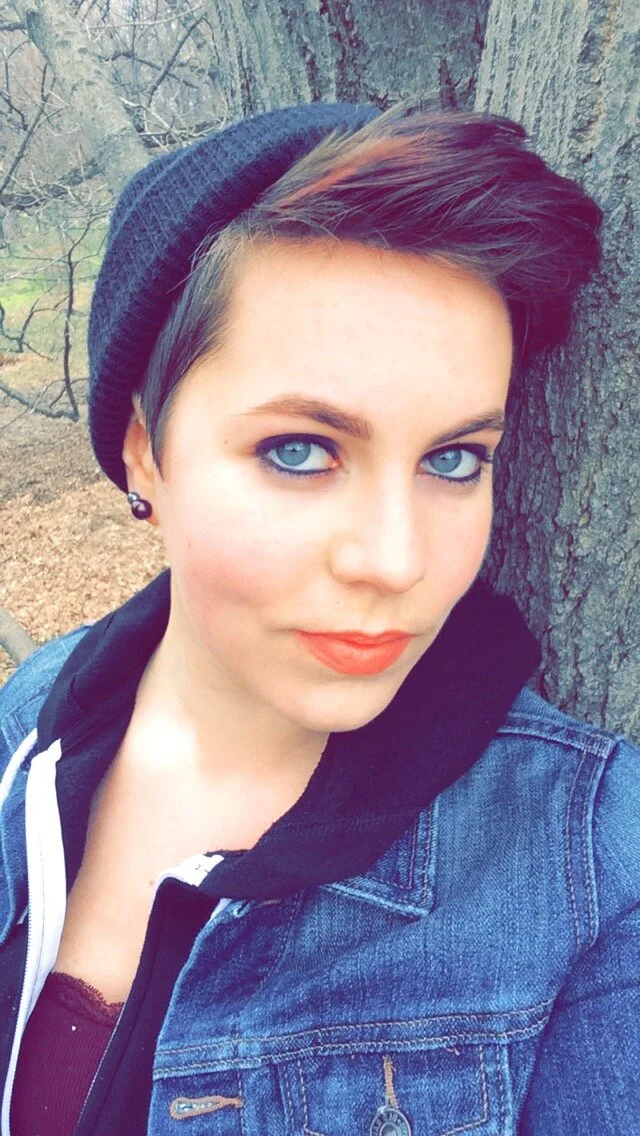Campus Leaders Program
Are you passionate about creating social change? Do you want to develop the skills to be an effective leader, communicator and organizer, through action on climate change? Citizens' Climate Education is a nonprofit grassroots advocacy organization that empowers citizens to build political will for climate solutions. We have over 450 chapters in the United States and over 190,000 supporters.
The Campus Leaders Program empowers students to become effective climate advocates and organizers in their communities. With support from CCL staff and regional fellows, Campus Leaders learn climate advocacy skills, educate others about climate solutions, and build political will for carbon pricing.
Students may enter the program through one of two avenues - by applying to start a chapter of their own, or by “inheriting” an existing chapter. Students who are starting a chapter for the first time join our Emerging Campus Leaders Program, where they’ll join a cohort for a series of trainings in how to start and lead a group or campaign. Those who step into leadership join our regular campus leaders program and start organizing climate action on their campus.
In order to become a Campus Leader, you should have prior leadership experience. Applications are accepted on a rolling basis and an interview is required, though we particularly focus our recruitment efforts around our internship application deadlines.
Benefits of Being a Campus Leader
Free registration to attend CCL’s conferences and lobby days in Washington D.C.
Preference for CCL scholarships and travel stipends
Preference for CCL climate advocacy fellow positions and other entry level staff positions
Experience to put on your resume and Linkedin profile;
Training in leadership skillsA foot in the door toward environmental or nonprofit careers
A network of climate activist peers from across the country
Compete for a variety of annual awards and prizes for active campus chapters
A letter of recommendation for future internships, jobs, graduate school and scholarships.
Frequently Asked Questions
What do Campus Leaders do?
Campus Leaders develop and implement a climate campaign at their school, or start a CCL chapter at their school. Either option is great! Campaigns include getting your President's endorsement for carbon dividend, organizing a group of students to participate in CCL’s conferences and lobby meetings, building awareness about carbon pricing and rallying support for a state or federal level policy.
What support is available for campus leaders?
Campus Leaders participate in the Emerging Campus Leaders program the semester they launch their campaign to learn CCL advocacy methods and best practices for starting and leading a chapter. Participants may also choose to complete the Climate Advocacy Certificate Program, where they can earn 1 credit or a Certificate of Completion for completing the program.
Campus Leaders gets access to campus organizing planning materials, have regular check-in calls with their regional fellow, and attend twice monthly conference calls with other student leaders.
Group Leaders of local CCL chapters are often an important support for student leaders. They can help the student chapter with lobbying, media outreach, and provide on the ground support.
Student leaders can also find faculty or staff advisors at their school for their group/campaign. They may work with a faculty member to gain academic credit for their CCL work. They may also be able to get internship credit or volunteer service credit. Student groups also will have access to resources like university equipment, rooms, and funds.
Should I start a campaign or a group?
The first question to ask yourself is whether it makes sense to start a group. If your school already has an environment club, would they be interested in working on carbon pricing? Is there enough interest to start a new group? An alternative to starting a student group is to do a campaign. A campaign is a discrete project that can be completed over one semester and can be done by an individual as well as a group. A campaign might be to get the college president’s endorsement or to host an Earth Day event. You do not need to start a student group to be a climate advocate on your campus. But starting a student group would make sense if there are no groups doing what you want to do, and you want to engage more students in doing ambitious goals.
Do you have the time?
Organizing a climate campaign is a lot of work. Can you commit to five hours a week to helping the climate? How will this complement your academic work and advance your professional goals? Can you get academic credit for it as an independent study? Do you have the personality to get other students interested in your cause, make presentations to community leaders and committees? Do you have the determination and persistence to keep going when success seems far off?
Why student groups?
Young people are powerful advocates for climate change. They understand the issue and they feel motivated to do something about it. Every social issue that has succeeded in the past did so because young people were actively involved. A student group allows young people to be engaged in advocacy with their peers in a structure that fits into their busy and transient lives.
How is a student group different from a regular CCL chapter?
A student group is composed of student members and have more flexibility than regular CCL chapters to set their own goals and activities. They are supported by a regional fellow and become part of Citizens’ Climate Higher Education. Student groups can become a registered student organization and receive support from their school for organizing activities.
What should I do if I’m interested in starting a CCL student group/campaign?
Get started by filling out the application form, or contact steffanie@citizensclimate.org if you have questions. Ideally, start planning a semester ahead of when you would start your campaign/group. Define your motivation, your goals and your plan of action!
Resources
Check out the Campus Leaders Manual. It includes guidelines for campus leaders, how to start a student chapter, planning, outreach, recruitment, and building political will.
Join CCL at https://citizensclimatelobby.org/join-citizens-climate-lobby/.
Join our Facebook group, Instagram, and Twitter.
Contribute a slide to our student testimonials.
Watch the Welcome and Get Started webinar.









